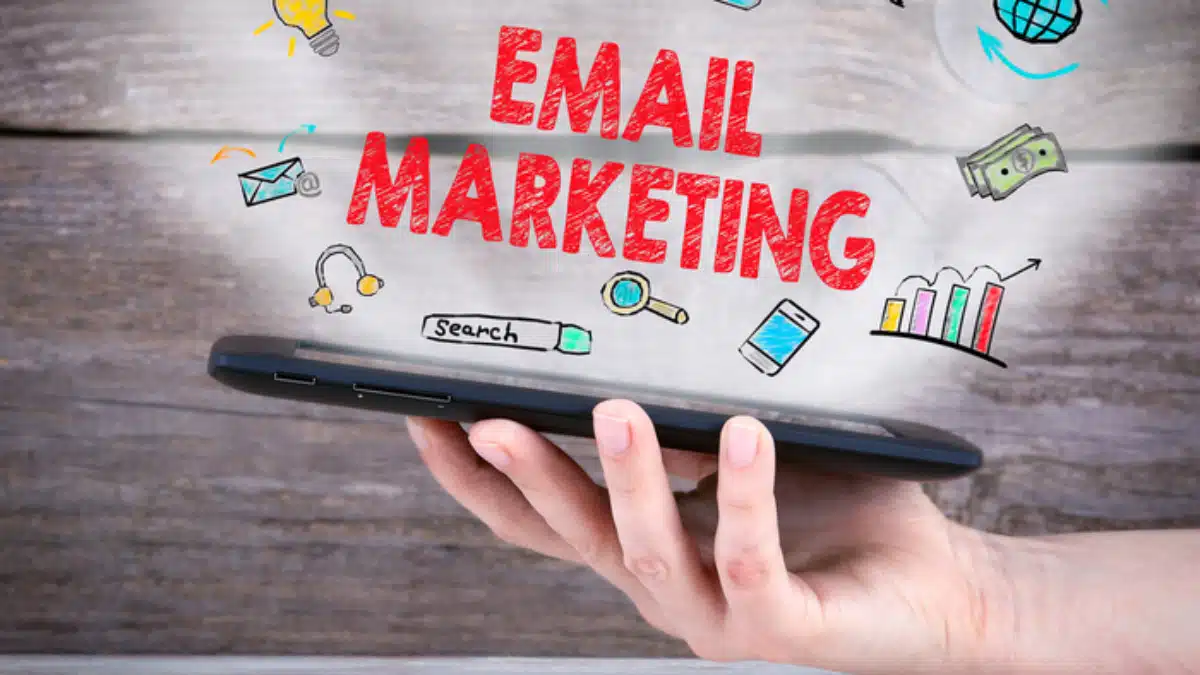To thrive in this digital marketplace, it’s crucial for the businesses to employ effective marketing strategies. One such strategy that can yield impressive results is email marketing.
In this article, we will explore how small e-commerce businesses can harness the power of email marketing to boost sales, reduce cart abandonment, and foster customer loyalty.
- Building Your Email List
Before diving into email marketing strategies, it’s essential to have a robust email list. Here’s how small e-commerce businesses can start building one:
a. Website Sign-Up Forms: Place sign-up forms prominently on your website, allowing visitors to subscribe to your newsletter or receive updates and promotions.
b. Purchase Confirmation Emails: Include an option for customers to subscribe to your email list during the checkout process.
c. Social Media Integration: Promote your email list on your social media channels and encourage followers to subscribe.
d. Contests and Giveaways: Run contests or giveaways with email subscription as a requirement for entry.
Protip: Find potential leads email addresses for free using email search tools like GetEmail.io. This AI-powered tool is the white pages finder for email addresses and its chrome extension can help in getting quality contacts even from platforms like LinkedIn, Gmail and Salesforce.
- Personalized Product Recommendations
Email marketing allows you to provide personalized product recommendations to your customers based on their browsing and purchase history. Small e-commerce businesses can achieve this by:
a. Utilizing Customer Data: Gather data on customer preferences, browsing behavior, and past purchases to make informed product recommendations.
b. Segmenting Your List: Divide your email list into segments based on customer preferences, such as product categories or purchase history.
c. Automated Product Recommendations: Use email marketing platforms that offer automated recommendation features, which can dynamically insert relevant products into emails.
- Abandoned Cart Recovery
Cart abandonment is a common issue in e-commerce. Small businesses can leverage email marketing to recover potentially lost sales:
a. Automated Abandoned Cart Emails: Set up automated emails to be sent to customers who have abandoned their carts. These emails can include a reminder of the items left in the cart and a call-to-action to complete the purchase.
b. Incentives: Offer incentives, such as discounts or free shipping, in your abandoned cart emails to entice customers to finalize their purchases.
c. Urgency and Scarcity: Create a sense of urgency by mentioning limited stock or a limited-time discount in your emails.
- Customer Loyalty and Retention
Small e-commerce businesses can nurture customer loyalty through email marketing:
a. Thank-You Emails: Send thank-you emails after a purchase, expressing your appreciation and encouraging customers to return.
b. Exclusive Offers: Provide exclusive discounts and promotions to your loyal customers, making them feel valued.
c. Product Updates and Recommendations: Regularly update your customers on new products and recommend items based on their past purchases.
d. Personalized Content: Tailor your emails to individual customer preferences, making them more likely to engage with your brand.
- Email Automation
Efficiency is key for small e-commerce businesses. Email automation streamlines marketing efforts:
a. Drip Campaigns: Create automated drip campaigns that deliver a series of emails over time, guiding customers through the buying journey.
b. Welcome Series: Design a welcome email series for new subscribers, introducing your brand and gradually leading them to make a purchase.
c. Birthday and Anniversary Emails: Send personalized birthday and anniversary greetings, often with special discounts or offers.
Conclusion
Email marketing is a powerful tool for small e-commerce businesses looking to thrive in a competitive landscape. As technology continues to advance, email marketing remains a cost-effective and efficient way for small e-commerce businesses to achieve success in the digital age
Lucas Noah, armed with a Bachelor’s degree in Information & Technology, stands as a prominent figure in the realm of tech journalism. Currently holding the position of Senior Admin, Lucas contributes his expertise to two esteemed companies: OceanaExpress LLC and CreativeOutrank LLC. His... Read more
